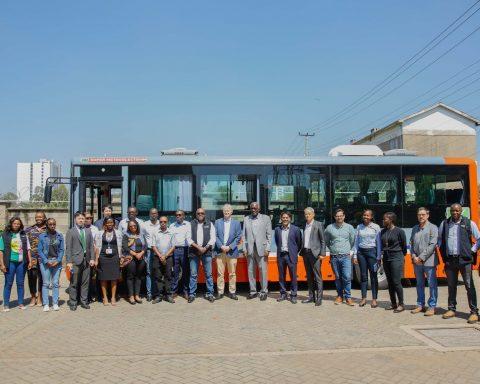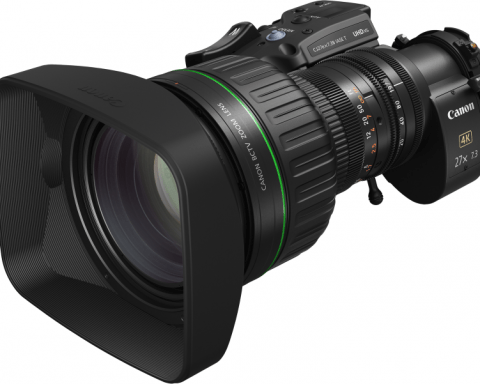The Toyota Research Institute (TRI) announced today that it will be extending its AI research collaboration with MIT. TRI, which also has existing relationships with Stanford and the University of Michigan, has selected 13 additional academic institutions to participate in the next five-year phase of its research initiative.
TRI’s next five-year phase involves investing more than $75 million in the academic institutions, making it one of the largest collaborative research programs by any automotive company in the world. The institute’s first five-year program generated 69 patent applications and nearly 650 papers, according to TRI Chief Science Officer Eric Krotkov.
“Our next five years are about pushing even further and doing so with a broader, more diverse set of stakeholders,” says Krotkov. “Our aim is to build a pipeline of new ideas from different perspectives and underrepresented voices that share our vision of using AI for human amplification and societal good.”
The universities that will be part of the second phase include MIT, Carnegie Mellon, Columbia, UPenn, Princeton, Stanford, UC-Berkeley and UCLA.
TRI says that it will lead 35 joint research projects in the areas of autonomous driving, robotics, and machine-assisted cognition (MAC). Each project will feature a TRI researcher as a co-investigator who will work with the university partner.
The first phase of the program, conducted over the last five years, sponsored 98 projects involving about 100 faculty members and over 200 students across the United States. These projects yielded important technology advances for ongoing TRI projects, including transfer learning in computer vision, self-supervised learning on contact-rich tasks, and techniques for mimicking human behavior in various driving interactions. The projects generated several awards for published papers at leading conferences including the CVPR 2018 Best Paper, an ICRA 2019 Finalist Best Paper, the ICRA 2019 Best Paper, and the 2020 IEEE Robotics and Automation Letters Best Paper Award.
TRI is also offering Young Faculty Researcher (YFR) projects to form partnerships with more junior (typically pre-tenure) faculty members. Whereas joint projects have TRI pursuing a specific direction and reaching technical milestones along the way, the YFR projects are specifically designed to support promising tenure-stream faculty members, enabling them to explore broadly, inquire deeply, and address higher-risk, higher-payoff ideas. In YFR projects, TRI invests in the researcher and provides them with the freedom and flexibility to pivot from one direction to another.















